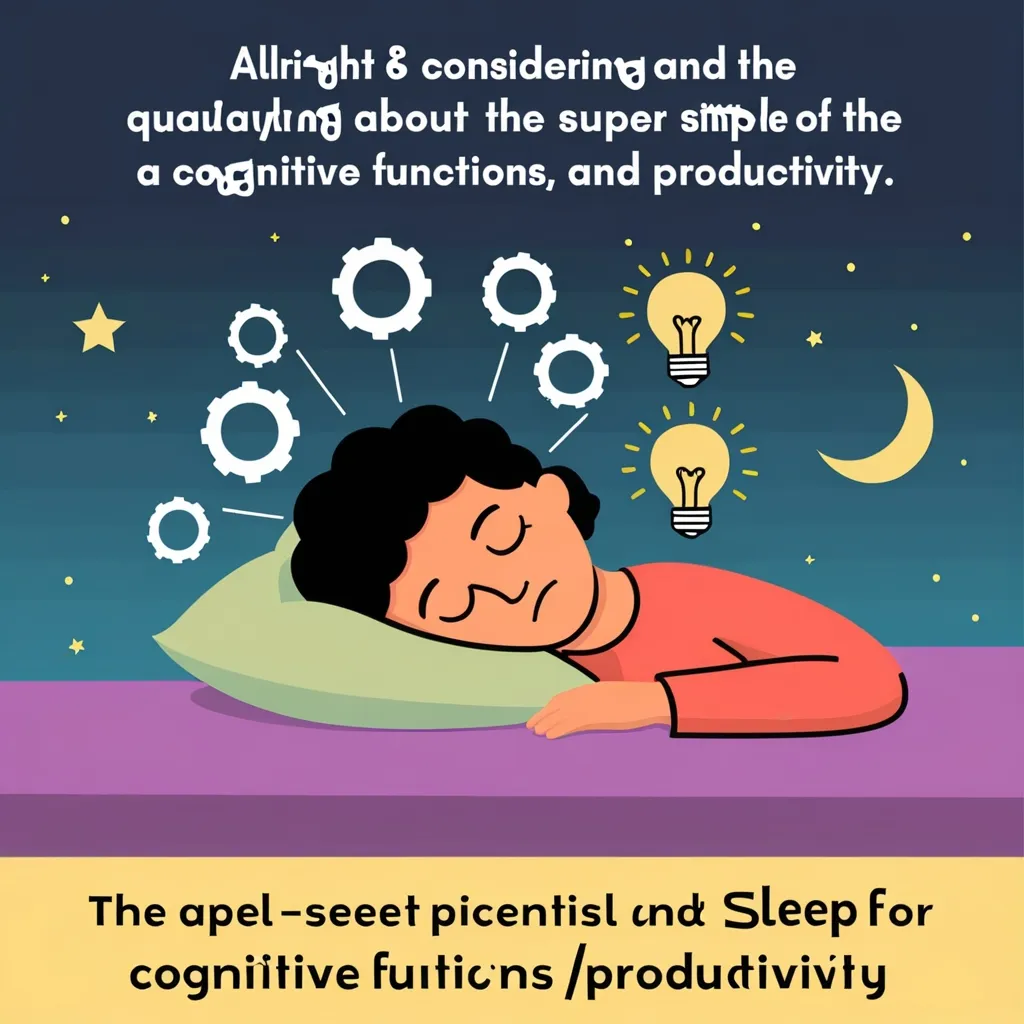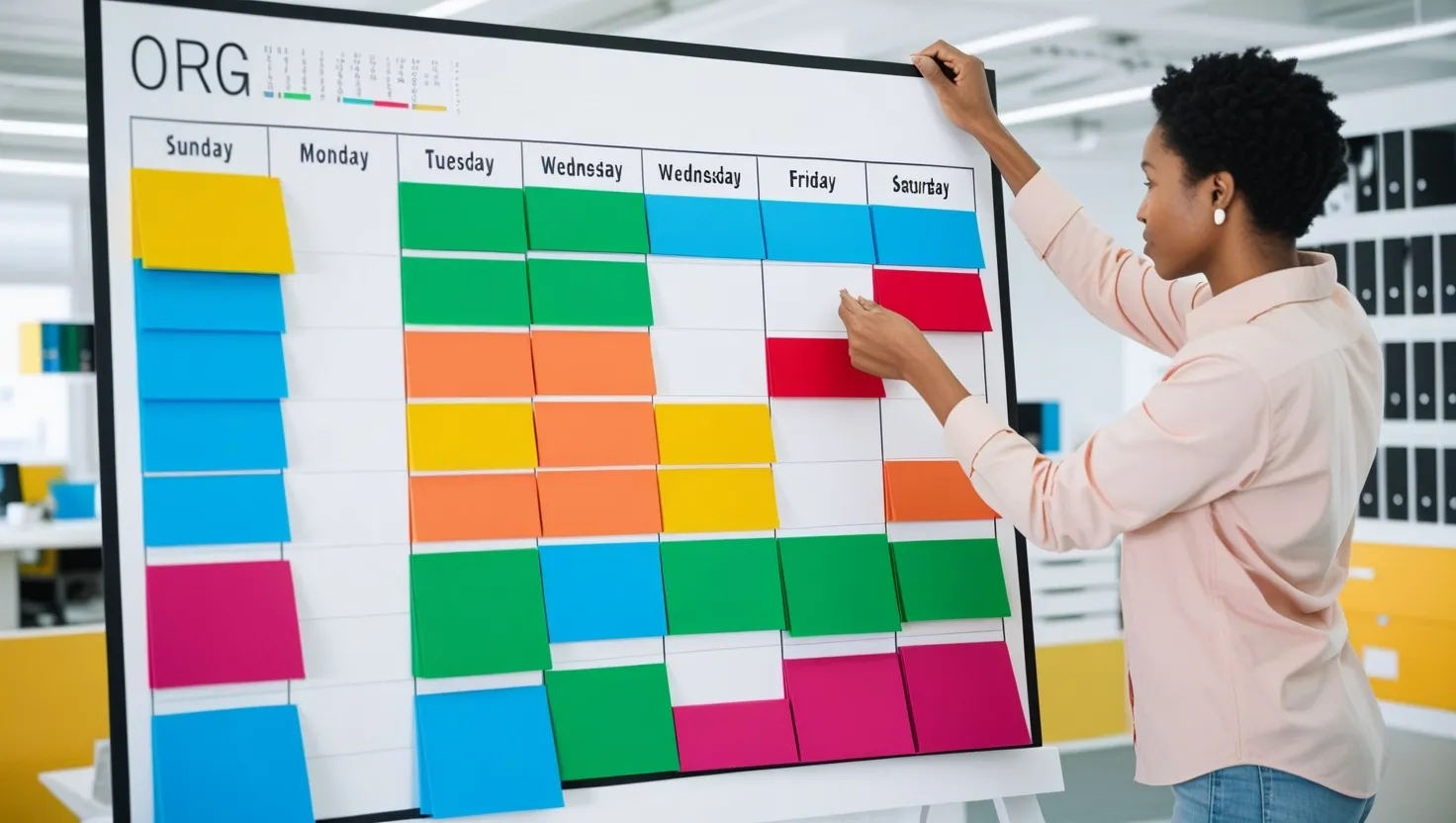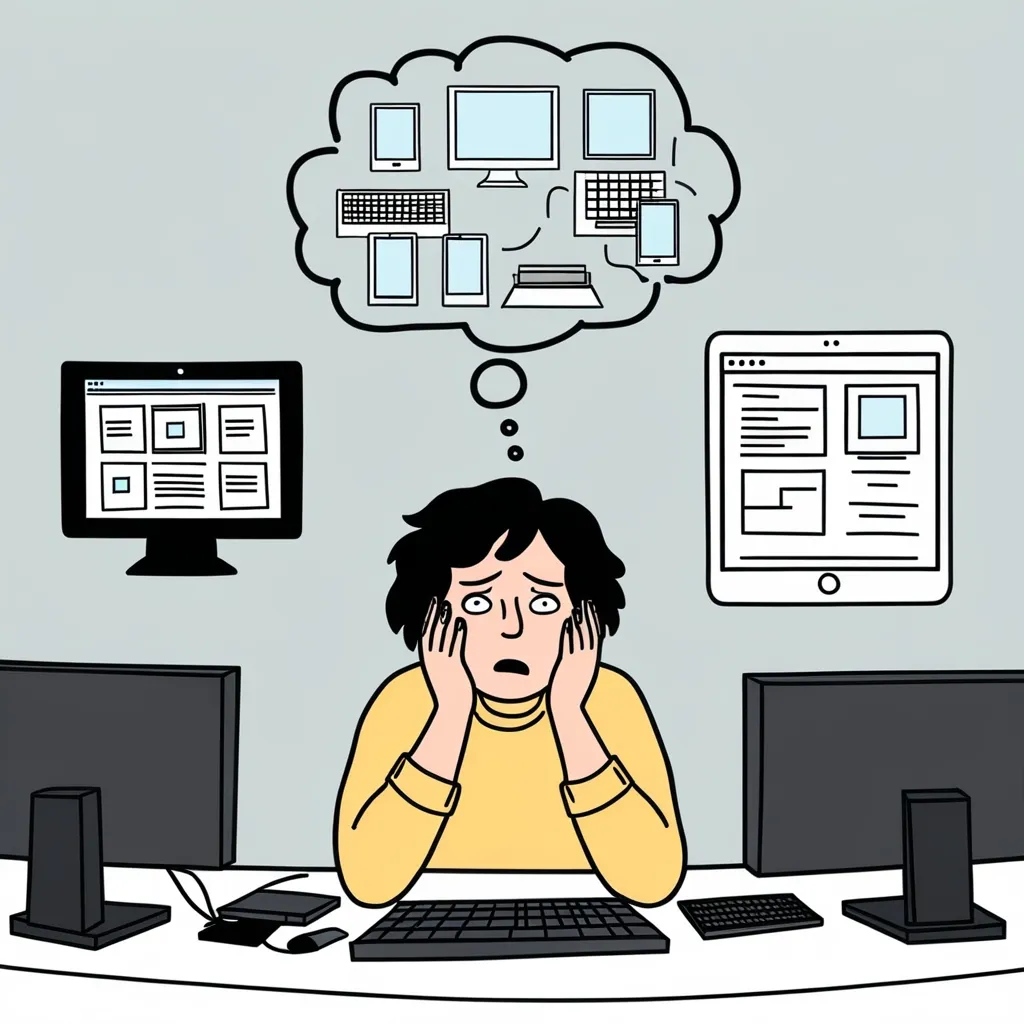In today’s hyper-speed world, it’s easy to forget the critical role sleep plays in keeping us at our best. We often treat ourselves like superheroes, believing less sleep equals more productivity. But, spoiler alert: without adequate shut-eye, our ability to focus, stay energized, and maintain overall well-being takes a serious nosedive.
The Impact of Sleep on Productivity
Let’s dive straight into the nitty-gritty. Skimping on sleep doesn’t just make you tired; it messes with your brain. Imagine trying to solve a jigsaw puzzle with a foggy mind. Every piece looks the same, and you can’t make sense of it. That’s what happens when you’re sleep-deprived. Memory, alertness, decision-making, problem-solving—all go haywire. It’s been proven time and again: even one bad night can impact your mood and performance. Several sleepless nights? You’re diving into a whirlpool of decreased motivation, focus issues, and cognitive mishaps.
The Role of Sleep in Cognitive Functions
Sleep is particularly critical for cementing memories and sharpening performance. Think of your brain as a sponge; a good night’s rest helps it absorb and retain information. Without it, you’re sluggish and unproductive. A global sleep survey painted a stark picture: 61% of adults say their memory tanks after a poor night’s sleep, and 75% confess to being less productive.
Work Schedules and Sleep
Timing matters. Consistent, quality sleep before work amps up your game. Those who work regular shifts know the magic of planned naps. They keep you sharp, especially for night owls or shift workers. And don’t forget: good sleep after work is golden for bouncing back from fatigue. Ready to tackle the next day? You bet!
Real-World Examples
Let’s peek at professions where sleep is literally life or death: truck drivers, train operators, airline crews. Sleep deprivation in these fields can result in catastrophic errors. Research backs it up—truck drivers pulling less than six hours within 24 hours before a shift face a higher risk of drowsy driving and accidents.
Quality Over Quantity
Here’s a bombshell: quality beats quantity. An Indian study found urban poor averaged only 5.6 hours of actual sleep from eight hours in bed due to constant interruptions. Not even close to productive. High-quality naps, however, gave them a significant boost. Go figure.
Organizational Impact
Poor sleep doesn’t just mess with individual performance; it can drag an entire organization down. Lack of sleep affects self-control, decision-making, and even immune health. Companies that prioritize good sleep habits, by tweaking work schedules and providing proper resources, can witness skyrocketing productivity, safety, and health.
Practical Tips for Better Sleep
Okay, so how do we get better sleep?
Establish a Routine: Stick to a consistent sleep-wake schedule. This helps your body clock stay in sync.
Create a Sleep-Conducive Environment: Ensure your bedroom is dark, quiet, and cool. Invest in a comfy mattress. Earplugs or an eye mask can work wonders too.
Avoid Stimulants Before Bed: Say no to caffeine, nicotine, and screens at least an hour before trying to sleep.
Take Naps Wisely: Short naps are invigorating but avoid them too late in the day.
Limit Work Before Bed: Give your brain a break. Let it unwind before hitting the hay.
Conclusion
Chasing productivity while ignoring sleep is like trying to fill a leaky bucket. Sure, you can pour more in, but it’s never going to stay full. On the flip side, giving sleep its due can supercharge your ability to perform, stay motivated, and maintain overall well-being. So, don’t shortchange yourself on sleep—embrace it. Rest well, work smart, and unlock levels of productivity you never thought possible.






